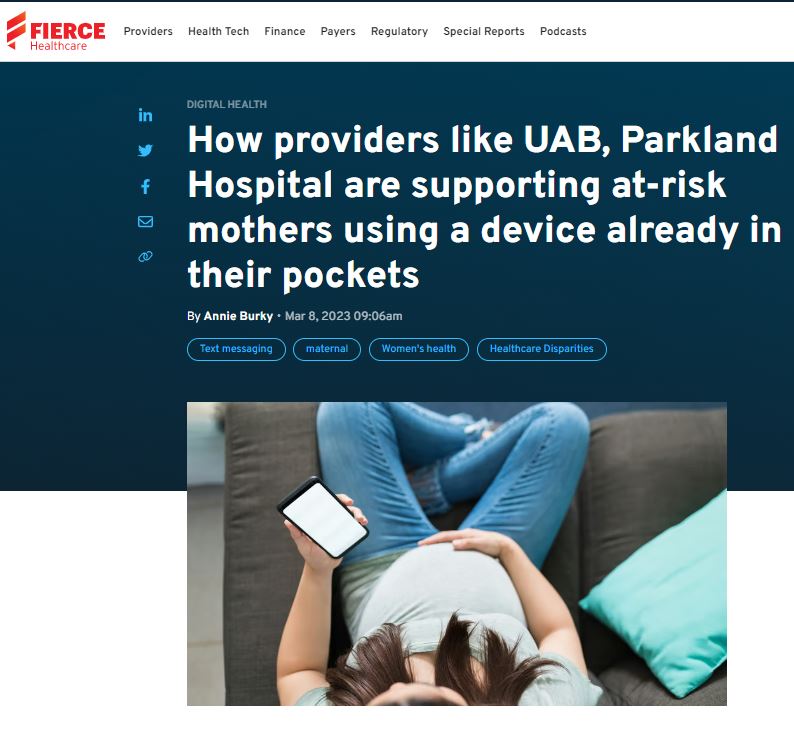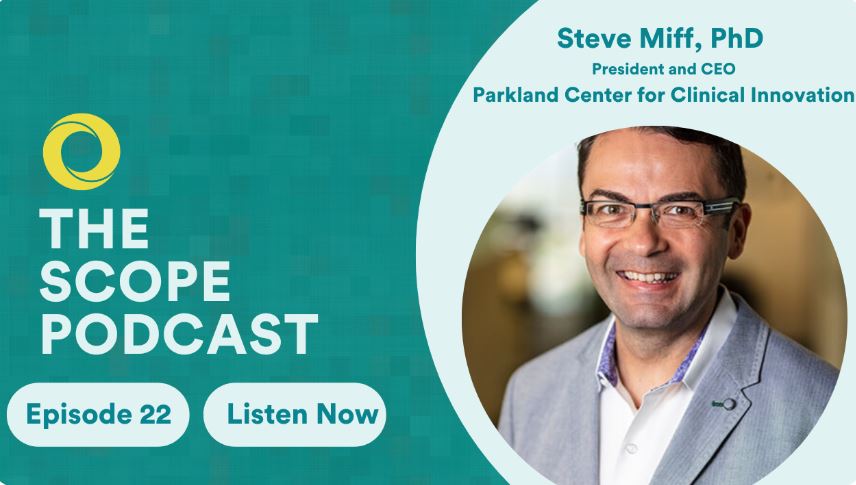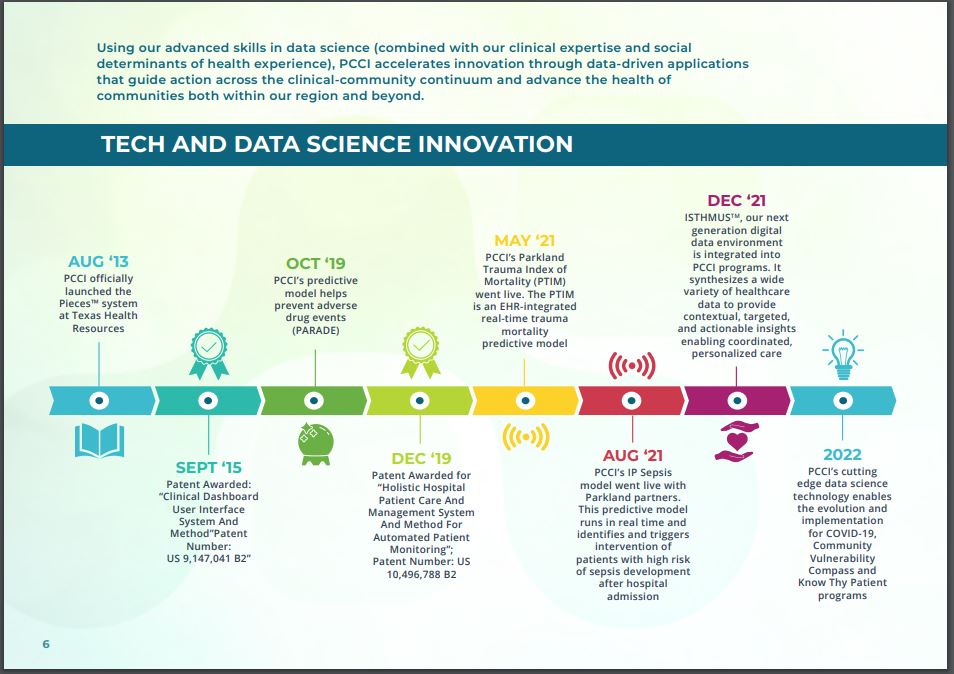By Yolande Pengetnze, MD, MS, FAAP, Vice President of Clinical Leadership, PCCI
Recently, the March of Dimes (MOD) released its report card (https://www.marchofdimes.org/peristats/reports/united-states/report-card) that highlights the latest key indicators describing the state of the nation’s maternal and infant health. The MOD gave the U.S. a near failing, D+ grade for its 10.5 percent preterm birthrate.
The rising U.S. preterm birth rate is partly explained by racial/ethnic disparities, with Black women having ~50% higher risk of preterm birth than White women. The single most important intervention to prevent preterm births is adequate prenatal care. Yet one in 5 pregnant Black women and 1 in 4 pregnant American Indian/Alaska Native women do not receive adequate prenatal care.
The high U.S. preterm birth rate, while concerning, can be reduced by closing racial/ethnic and socioeconomic gaps in care through programs that increase access to prenatal care and address non-medical determinants of health (NMDOH, also known as Non Medical Drivers of Health or NMDOH). Moreover, widening racial/ethnic disparities in maternal death are partially explained by the same factors that drive preterm birth risk. Therefore, addressing preterm birth risk in a holistic manner has the added benefit of potentially (and positively) impacting maternal mortality.
At PCCI, we’ve developed ways to identify and support at-risk pregnant women in bringing their pregnancies to term. Specifically, to better serve pregnant women in our community, PCCI, the Parkland Community Health Plan (PCHP) and Parkland Health developed and implemented, beginning in 2018, a novel preterm birth prevention program that uses a machine learning algorithm, healthcare data, and NMDOH to identify pregnant women who are at a higher risk of pre-term birth. The program engages these women through text messages designed to help them better manage their health and proactively seek care during pregnancy.
Our program consistently risk stratifies about 13,000 pregnant women per year by combining clinical, socioeconomic, and demographic indicators from diverse data sources to predict pregnant women who present a high risk for preterm delivery. By predicting preterm birth accurately and in a timely manner, we are able to target patient education and engagement, as well as clinical and population-level interventions to reduce preterm birth rates among low-income Medicaid patients.
As socioeconomic factors and psychosocial stress are increasingly recognized as important drivers of preterm birth risk, PCCI’s risk prediction model paves the way for novel approaches to preterm birth prevention, combining clinical and non-traditional preterm birth prevention interventions addressing NMDOH targeted to high-risk patients.
This ongoing program enables early interventions, including enrolling women in a text education and reminder program that has helped reduce preterm birth rates by 20 percent and has increased prenatal doctor visits by 8-15 percent.
The combination of technology― a predictive model that identifies the most at risk and a risk-driven text messaging program―efficiently reaches expectant mothers where they are in their pregnancy journey. Rather than simply throwing out a broad net for all pregnant women, through our examination of NMDOH elements, we gain a clearer picture of who we need to help and why. This makes interventions much more holistic, effective, and cost efficient.
Through trial and error, we found that simple texting was the best way to reach expectant mothers and provide positive and easy-to-understand messages and reminders to help them to reach term. Examples of texts include:

This innovative yet simple approach for participant management allows us to extend great resources and focus on those who need help the most. In fact, in our quarterly surveys of the program participants, an average of 73% of respondents have agreed this program made them better prepared to take care of themselves and their babies. These results are meaningful not just to the mother and her family, but to the entire community.
It is extremely important to emphasize that while the program itself is innovative, it can be scaled and utilized in just about any community. Preterm birth is not an issue that we want to simply shrug our shoulders about. Each time we have a premature birth, the costs to the baby, parents, hospital, and ultimately the community can be enormous. The life of a premature baby can be one of hardship and challenge and create lifelong difficulties for the individual, their family, and the society at large. Our collaborative team behind our preterm birth prevention program passionately believes that any preterm birth that can be prevented is a chance for a life to flourish and make a difference in the world.
 About Yolande Pengetnze
About Yolande Pengetnze
Yolande Pengetnze, MD, MS, FAAP, is PCCI’s Vice President of Clinical Leadership where she leads multiple projects including population health quality improvement projects focusing on preterm birth prevention and pediatric asthma at the individual and the population level. Dr. Pengetnze received her MD from the University of Yaounde in Cameroon and completed a Pediatric Residency at Maimonides Medical Center in New York. She was a faculty member at UTSW’s General Pediatric Hospitalist Division where she completed a General Pediatric/Health Services Research Fellowship training and earned a Master of Sciences in Clinical Sciences.


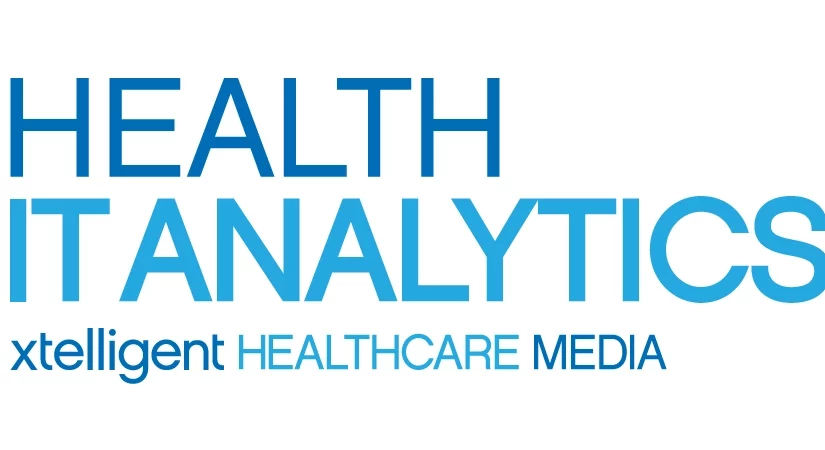



 About Yolande Pengetnze
About Yolande Pengetnze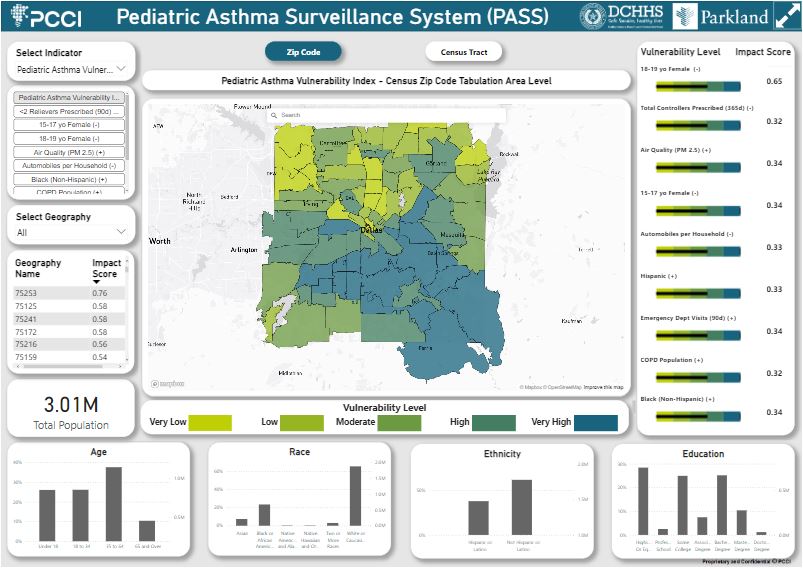
 “We plan on using the data from PASS to help us strategize outreach into the community,” said Cesar Termulo, MD, Pediatrician and Associate Medical Director at Parkland. “There are many children who might not be aware that they have asthma. They might solely be having a chronic cough or shortness of breath with exercise. Thus, it is important to find those pockets of Dallas County that might have a higher vulnerability to asthma attacks and raise awareness in the community to diagnose those children who have unrecognized asthma.”
“We plan on using the data from PASS to help us strategize outreach into the community,” said Cesar Termulo, MD, Pediatrician and Associate Medical Director at Parkland. “There are many children who might not be aware that they have asthma. They might solely be having a chronic cough or shortness of breath with exercise. Thus, it is important to find those pockets of Dallas County that might have a higher vulnerability to asthma attacks and raise awareness in the community to diagnose those children who have unrecognized asthma.”